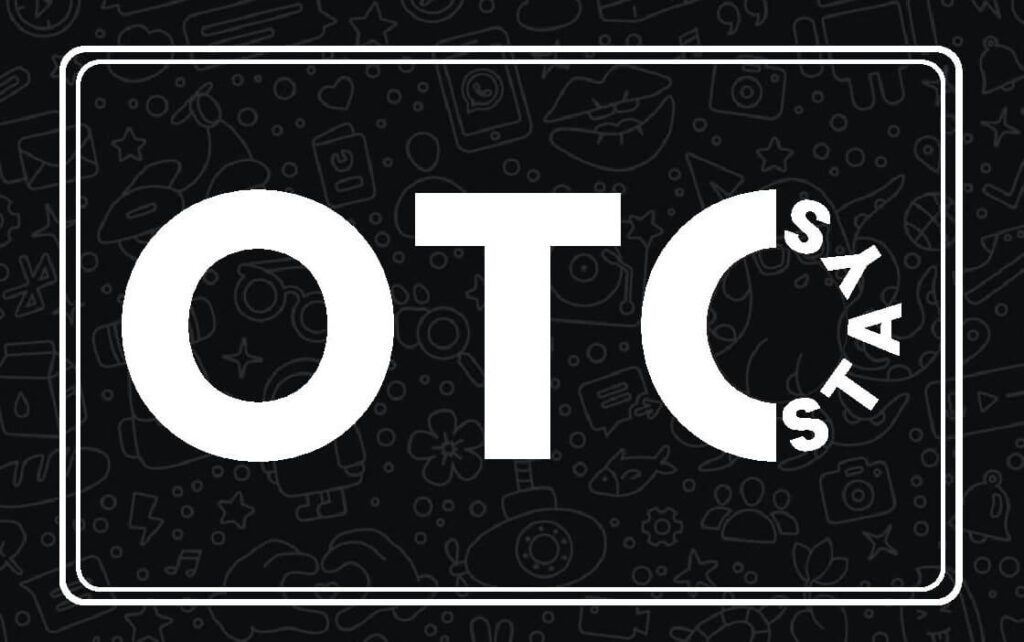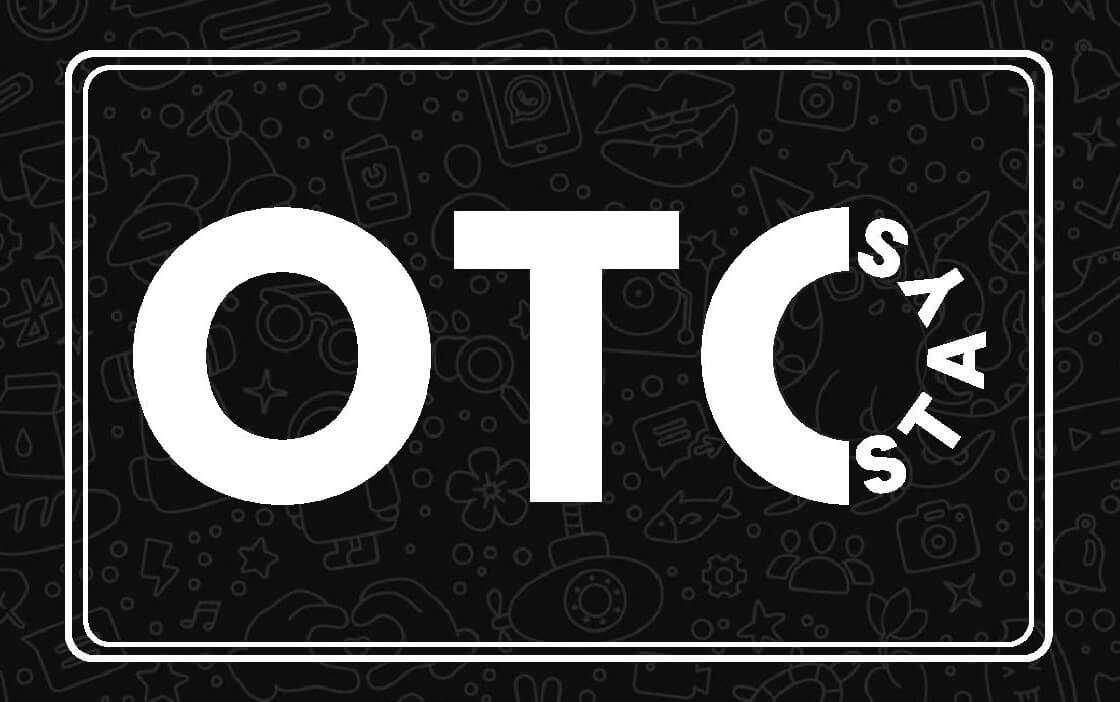
A History Of HR Payroll Programs
In the competitive landscape of modern business, attracting and retaining top talent is a strategic imperative. Among the key elements in achieving this goal is the implementation of effective salary programs. A well-designed salary program not only guarantees that employees are fairly compensated but in addition plays a crucial role in enhancing job satisfaction, motivation, and overall organizational success. This article delves in to the essential components of salary programs, their influence on employee engagement, and the factors organizations should bear in mind to create a program that aligns with both employee and organizational needs.
Components of Effective Salary Programs
A cornerstone of any salary program is ensuring that compensation packages are competitive in the industry and region. Benchmarking against industry standards helps organizations attract top talent and retain experienced professionals. Regular salary surveys and market analysis allow businesses to stay informed about current compensation trends and make necessary adjustments to remain competitive.
The base salary structure forms the foundation of a comprehensive salary program. It includes factors for example job responsibilities, experience, and qualifications to discover the baseline compensation for each role within the organization. A transparent and well-communicated base salary structure fosters a experience of fairness and equity among employees, reducing the risk of internal disparities and discontent.
Linking compensation to individual and organizational performance is a powerful motivator. Performance-based incentives, for example bonuses and profit-sharing programs, recognize and reward employees for their contributions to the company’s success. This not just motivates high performers but in addition aligns individual goals with the overall objectives of the organization.
A comprehensive salary program goes past the base salary to include a range of benefits and perks. Medical care insurance, retirement plans, flexible work arrangements, and professional development opportunities are integral components that contribute to overall employee satisfaction. Offering a diverse array of advantages guarantees that the salary program addresses the varying needs and preferences of a diverse workforce.
Regular salary reviews are crucial to make sure that compensation remains competitive and aligned with employee performance and market standards. Organizations should establish clear processes for performance evaluations and salary adjustments to give a fair and transparent mechanism for recognizing and rewarding employees for their contributions.
Effect on Employee Engagement and Retention
A well-designed salary program significantly influences employee job satisfaction. When employees feel that they can be compensated fairly for their skills, experience, and contributions, it contributes Anibookmark post to a company blog a positive work environment. This, in turn, enhances job satisfaction, reducing turnover rates and promoting a stable and motivated workforce.
Performance-based incentives within salary programs act as motivational tools. Employees are more more likely to surpass their regular duties once they realize that their efforts will be rewarded. This motivation not simply increases individual productivity but in addition contributes to the overall success of the organization.
In a competitive employment market, attracting top talent is challenging, but retaining them is equally crucial. A highly effective salary program that addresses both intrinsic and extrinsic motivators contributes significantly to talent retention. Employees are more prone to stay with the organization that values and recognizes their contributions through a well-structured and competitive salary program.
Things to consider for Designing Salary Programs
Regularly conduct market research to understand industry compensation trends and ensure that your salary program remains competitive. Benchmarking against similar organizations helps in making informed decisions about salary ranges and benefits.
Establish clear and transparent criteria for determining salaries to be certain fairness and equity in the organization. Addressing internal pay disparities fosters a positive work culture and reduces the risk of employee dissatisfaction.
Effectively communicate the components of the salary program to employees. Transparent communication about how salaries are determined, the criteria for performance-based incentives, as well as the process for salary reviews builds trust and fosters a feeling of openness within the organization.
Recognize the diverse needs and preferences of your workforce by offering flexibility within the salary program. Consider individual circumstances, such as geographical location, family size, and lifestyle choices, when designing benefits and perks to be sure they resonate with employees on a personal level.
Salary programs are integral to attracting, retaining, and motivating a high-performing workforce. A thoughtful and comprehensive approach to compensation, including market competitiveness, performance-based incentives, and a concentrate on employee well-being, can contribute significantly to organizational success. By prioritizing fairness, transparency, and flexibility, organizations can design salary programs that not only meet the needs of their employees but in addition align with broader business objectives, fostering a culture of engagement, satisfaction, and sustained success.
